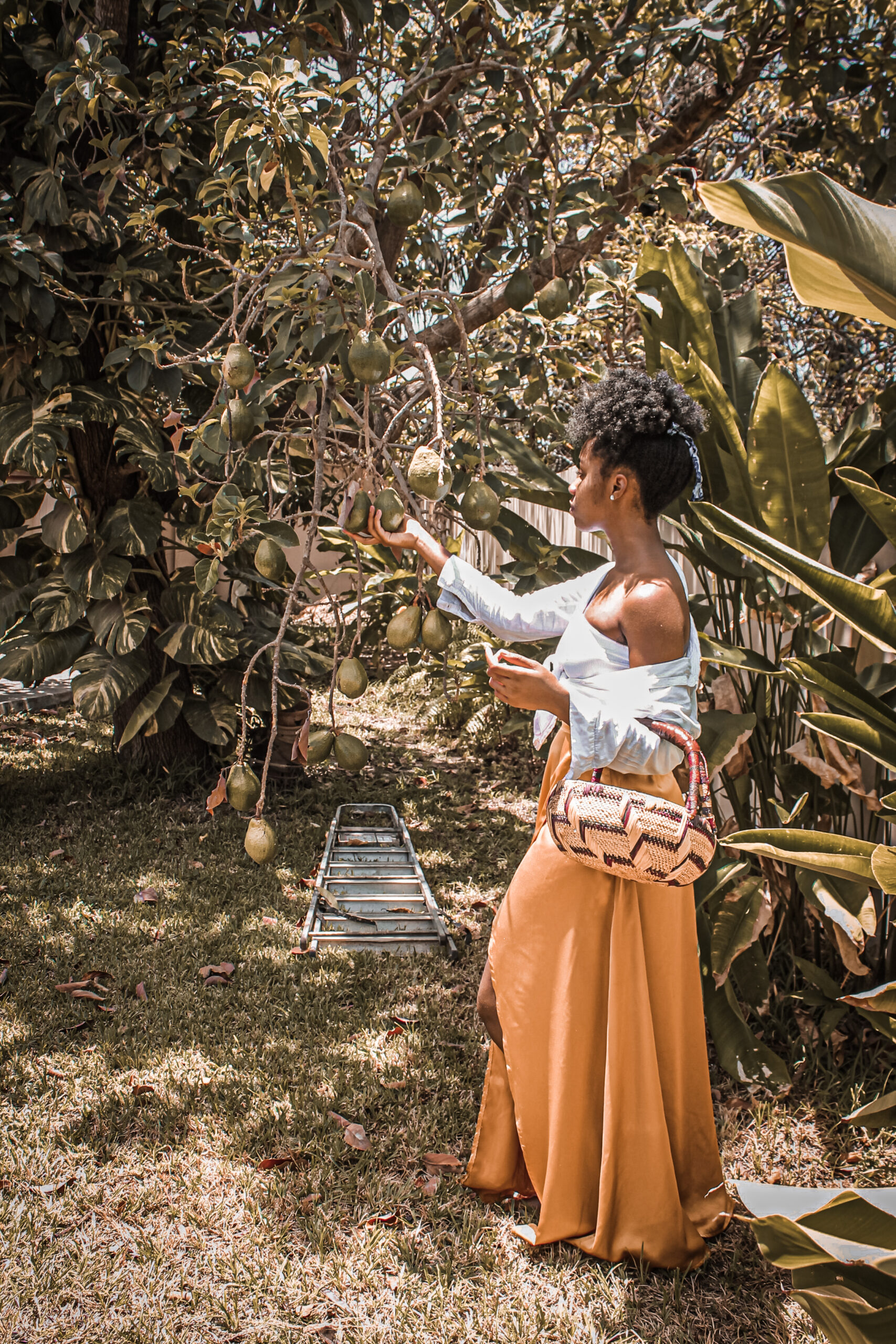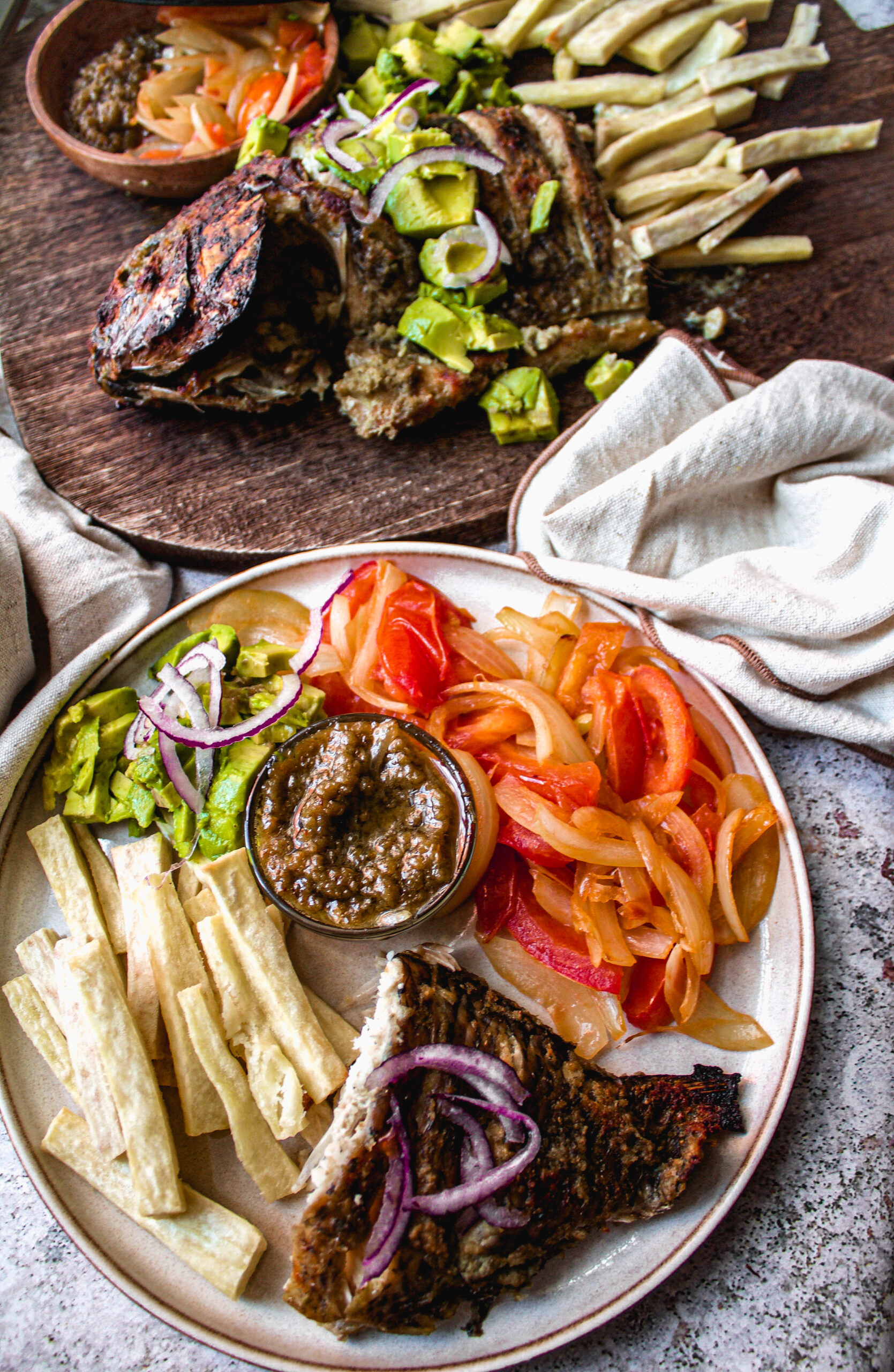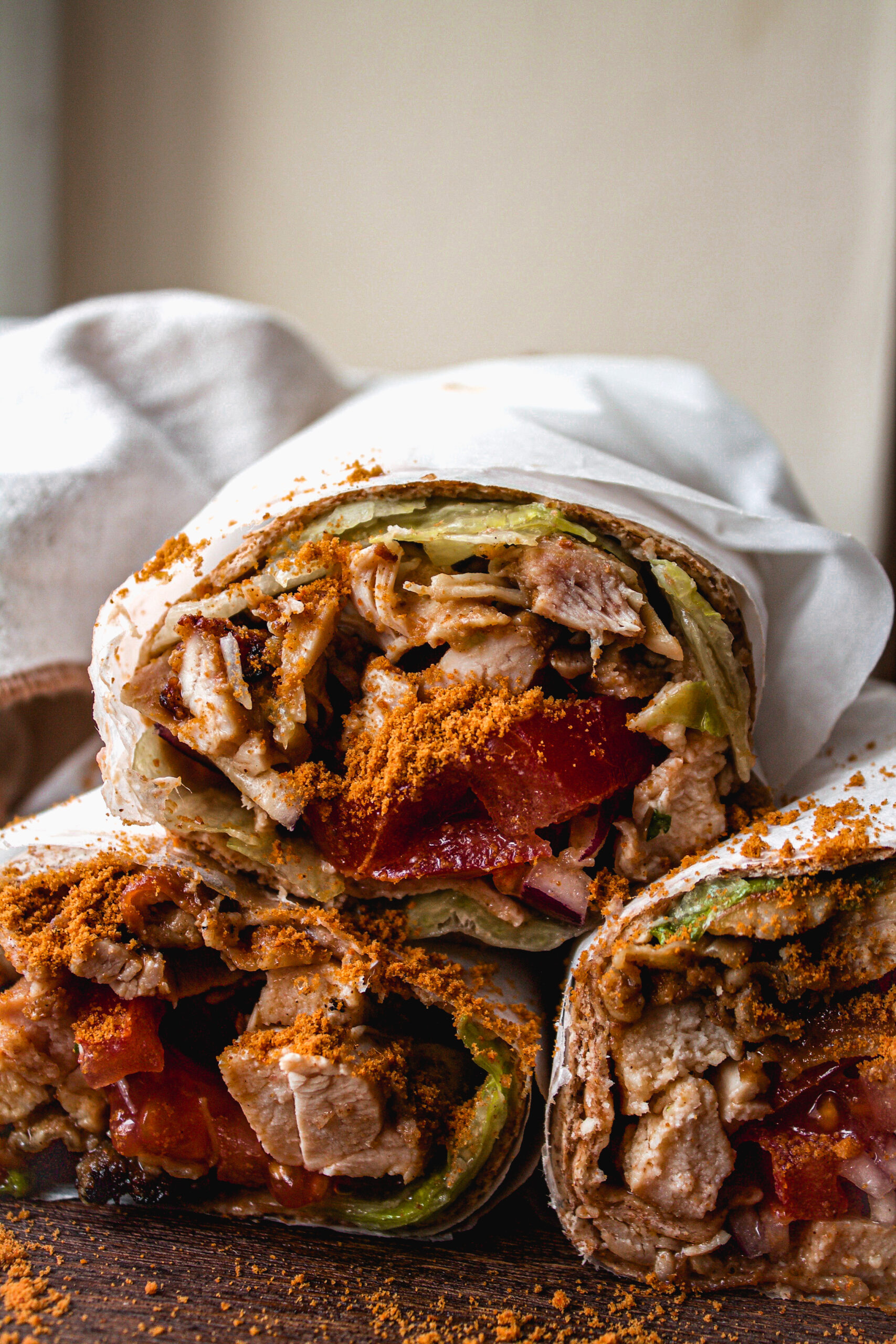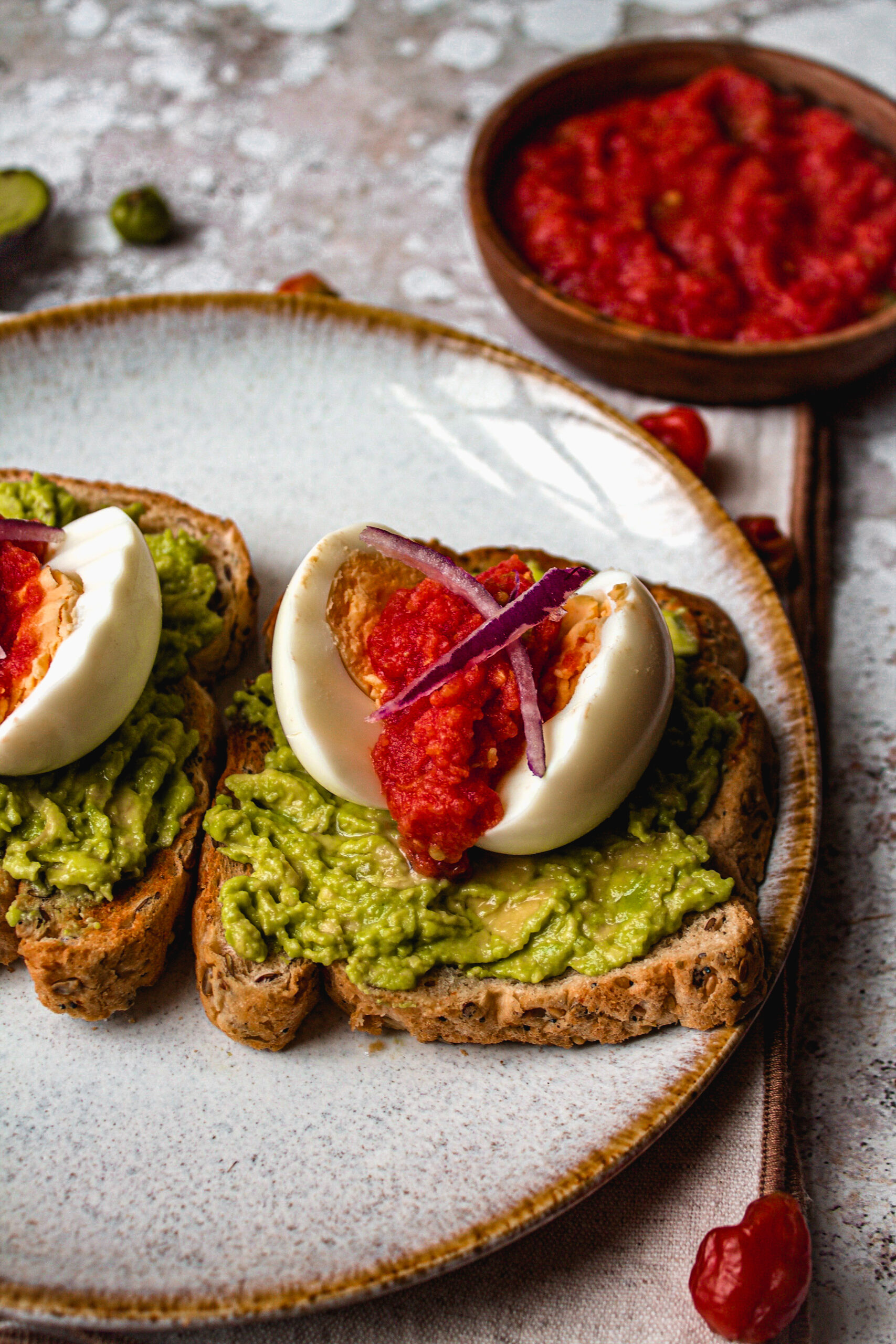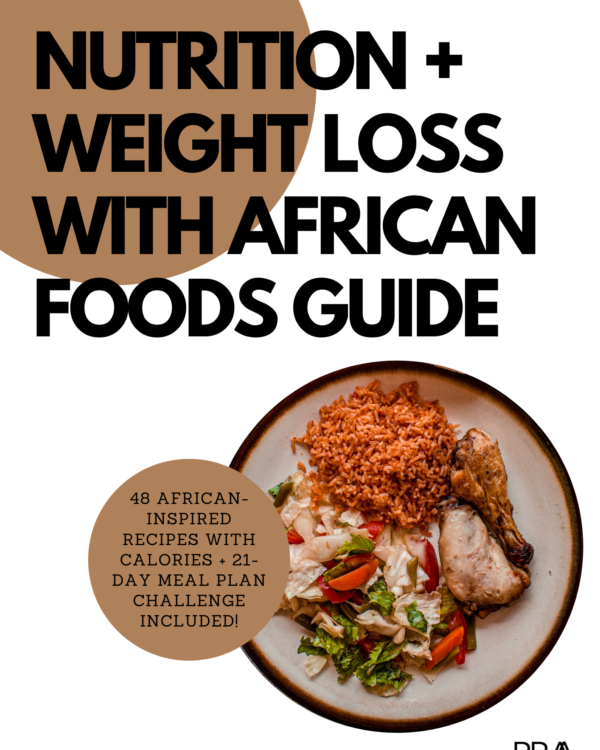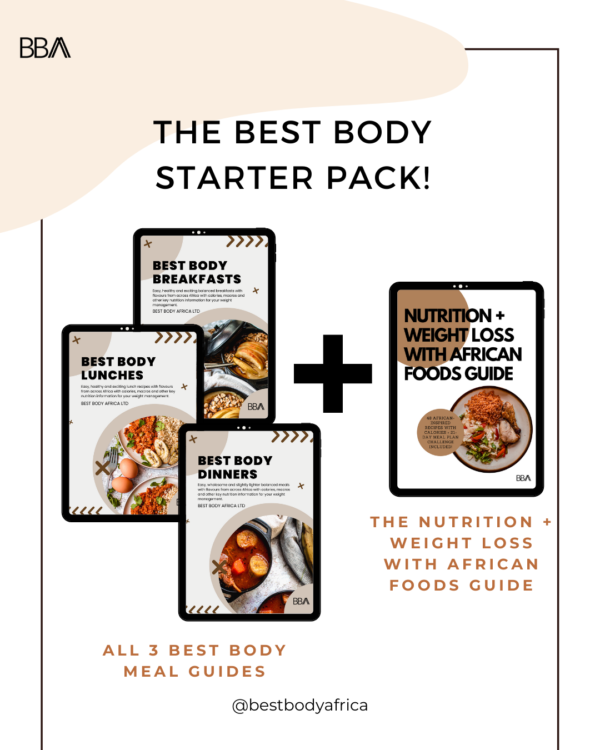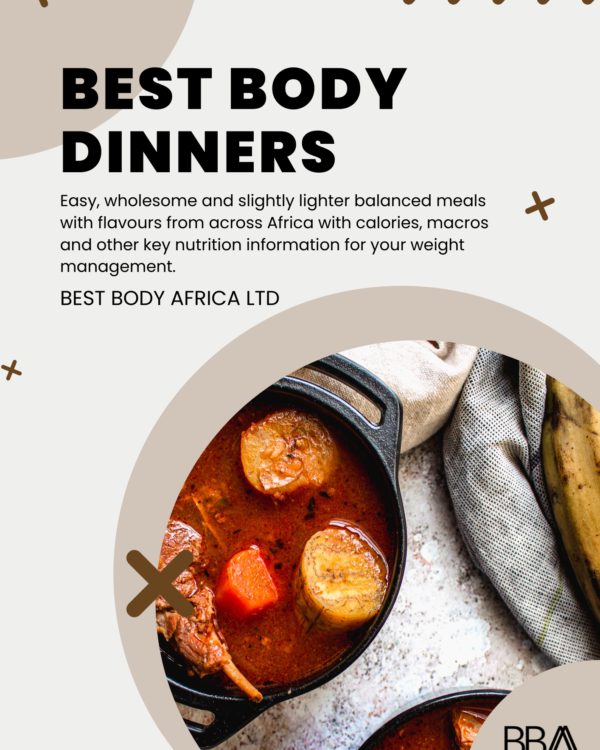Avocados, bananas, pawpaws. These are just some of the healthy, indigenous crops you can harvest in your African garden today!
As diverse as the geography on the continent may be, most of us are blessed with beaming sunlight, fertile soils and predictable climatic seasons. It’s almost crazy to think that we don’t take as much advantage of these blessings as we could by utilising our personal home gardens to grow crops.
Now, with rapid urbanisation and younger populations moving into high-rises in major African cities, it may seem a bit passé to assume that we all have the luxury of acres of land in our backyards. In fact, in many cities the only features of our compounds are car parks or shops.
But for those of you who are blessed with an extension of greenery, you could easily utilise your garden to plant some healthy foods throughout the year. Not only is this a more affordable option but it’s also environmentally sustainable. Moreover, what’s better than having access to healthy, traditional foods right in your backyard?
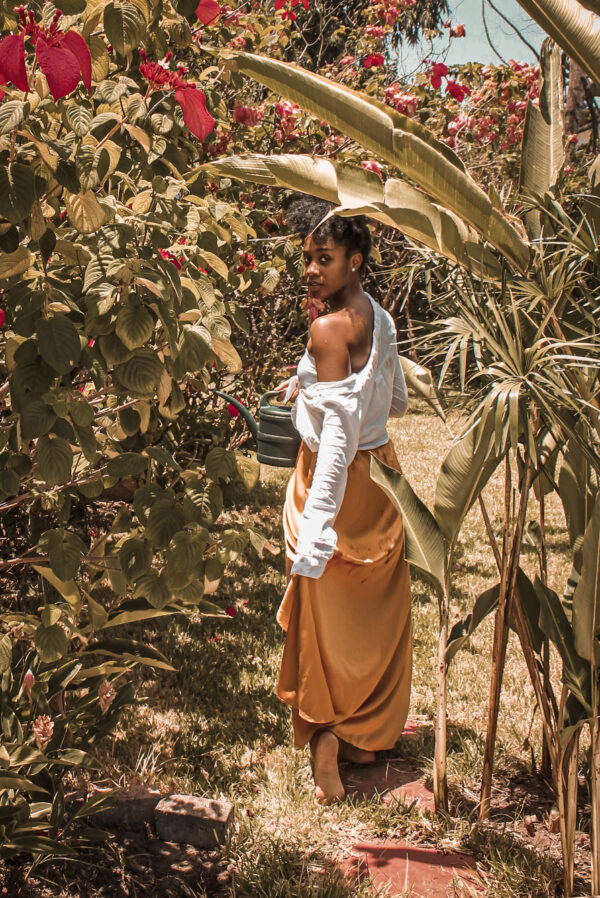
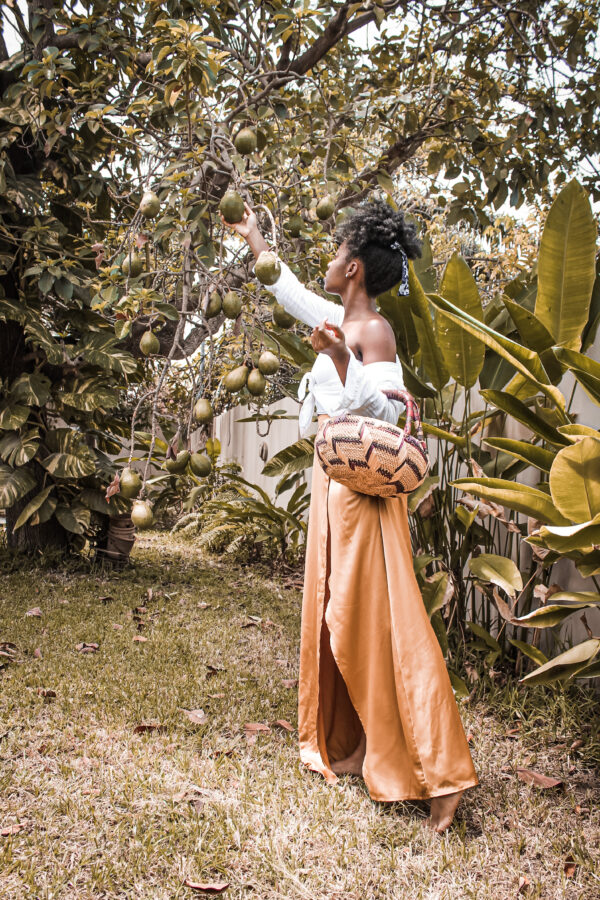
Now, if you have no idea what you would like to plant, we’ve got you covered. Here are some delicious and nutritious fruit and veggie ideas to get you started. These crops can typically adapt to most soils in Africa however it’s important to do your own research to make sure that the plant you would like to grow is already adapted to the soil and climate.
- Moringa leaf– a highly nutritious African superfood know for its rich vitamin and mineral content including vitamin C, vitamin A, iron, potassium, calcium and protein. Moringa is also rich in antioxidants which defend your cells from damage and diseases including many cancers. You’d also be surprised to see moringa already growing wildly in your garden, particularly in West African countries
- Hibiscus flowers– hibiscus, most popularly used to create beverages, is rich in antioxidants and has the ability to reduce blood pressure, blood fat, the risk of getting cancers and many other benefits. Hibiscus is quick to flower, taking between seven to 30 days to sprout.
- Pawpaw– known as papaya in other continents, pawpaws are rich in antioxidants, vitamin A, vitamin C, vitamin E, folate, iron, calcium, fibre and many other nutrients! Moreover, pawpaws are delicious and one of the most refreshing fruits on the continent, in our opinion.
- Avocados– although a long-term investment as the first fruit could take five to 13 years to mature, this crop is definitely worth it! With growing global demand for this nutrient-rich healthy fat, one way to avoid rising avocado prices could be to have your own long-term supply. In addition, avocados growing on a tree are a wonderful sight to see!
- Garden eggs– commonly known as the African eggplant, garden eggs take about two months to grow but are well worth the wait. We may know them for their delicious contribution towards are stews and soups however did you know that they also contain various vitamins, minerals and health properties including their ability to contribute towards improved vision?
In addition to these options, you can grow a wide variety of indigenous crops from bambara beans to mangoes.
A trend you may notice, however, is that crop gardening requires some patience. Well, keep on reading because later in the post we highlight some very important reasons why you may want to consider harvesting your own food.,
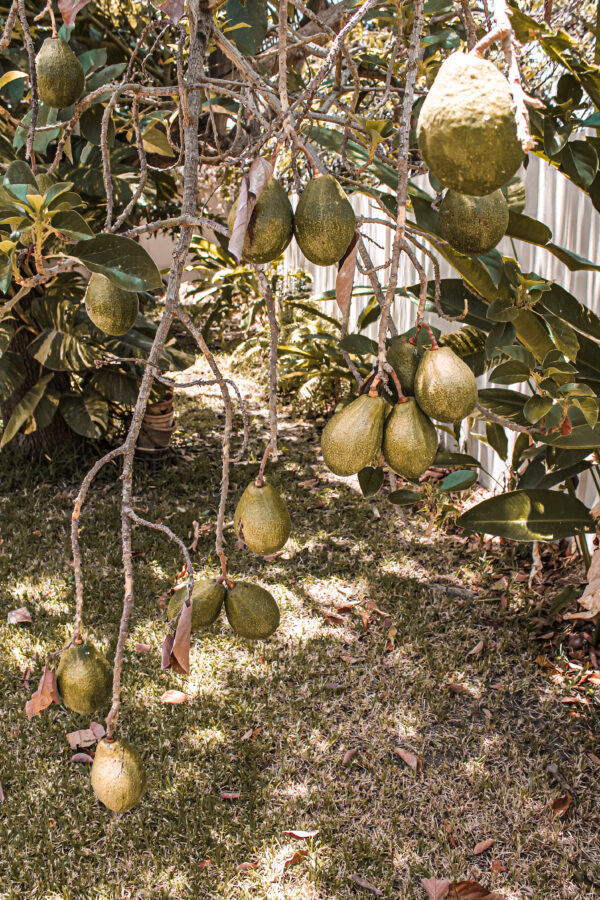
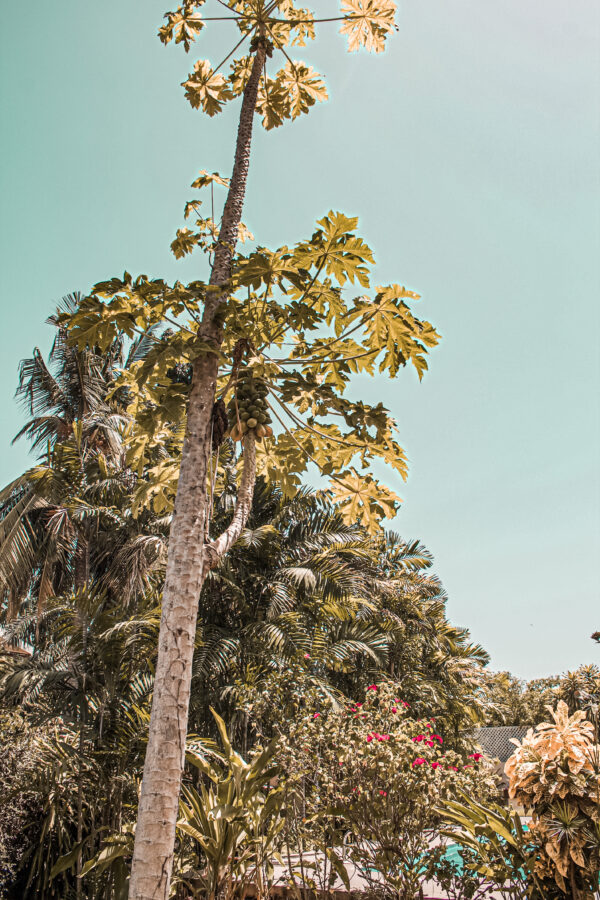
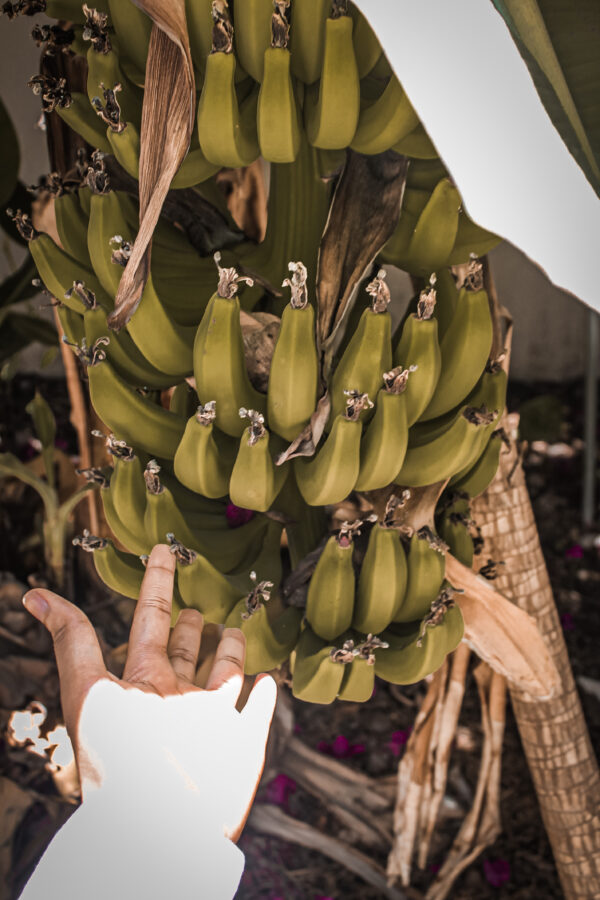
As we’ve highlighted, food gardening can contribute towards our vitamin and mineral intake. However, it’s also important to note that it can contribute towards our overall positive mental wellbeing. It’s a soothing activity that a lot of us would be surprised we may enjoy. With barely enough time during the day to switch off and be fully present, gardening may prove to be a relaxing and stress-relieving activity that doesn’t cost much to partake in.
Numerous studies draw a link between gardening and mental health, highlighting the activity’s ability to fight depression, anxiety and even reduce the risks of Alzheimer’s and dementia. Moreover, gardening can also count towards physical activity as motions such as digging, ploughing and watering contribute towards overall calories burned. No, we are not saying you should get into gardening to lose weight but rather that gardening is a great way to maintain your body’s health.
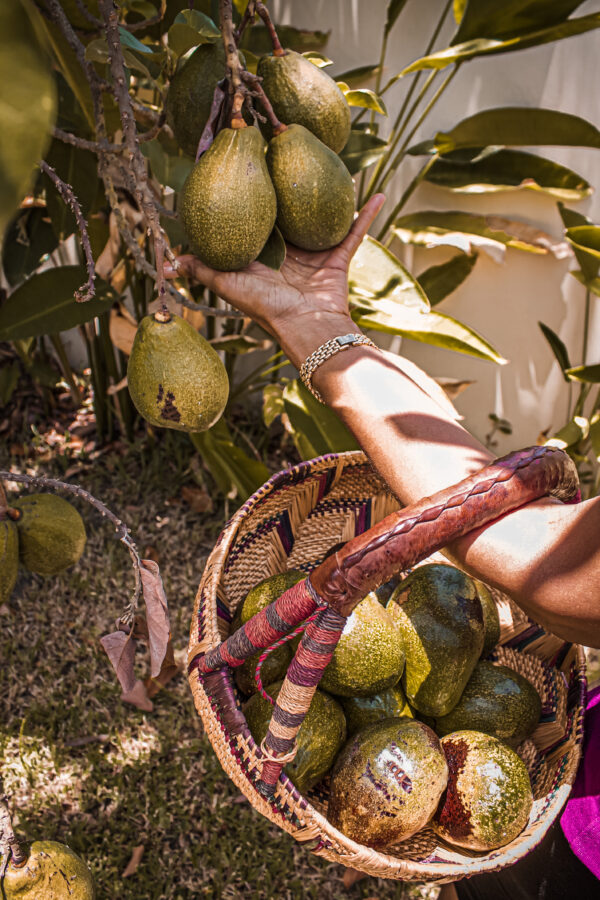
A final note to end on is this- a crucial lesson learned from the COVID-19 pandemic is that African countries must place greater emphasis on becoming more self-reliant, particularly in the agricultural sector. With many of our countries relying heavily on food imports from other continents, the availability of some of our foods has been limited by global lockdowns. This reinforces the growing urgency on the continent to produce and process our own local crops for the food security of our own people.
Moreover, with people staying home, gardening could prove to be an activity that could help fight boredom and while way the time. It’s not everyday Netflix! Sometimes become one with nature!
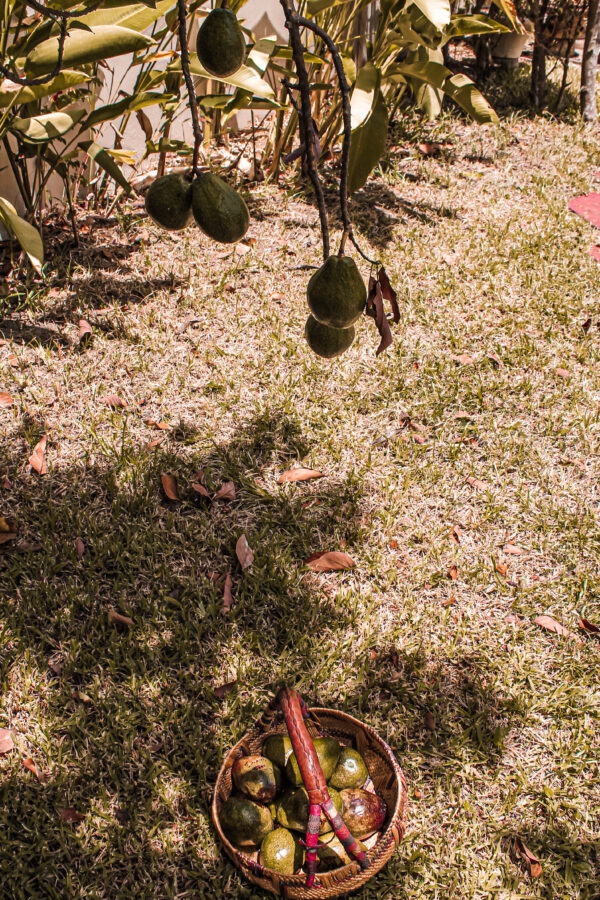
We hope this post inspires you to consider growing a diverse range of indigenous crops in your home.
Let us know your thoughts on some of the issues we have raised in this article. This post is just an introduction to several topics that can be teased our further so let’s continue the discussion in the comments section below!

